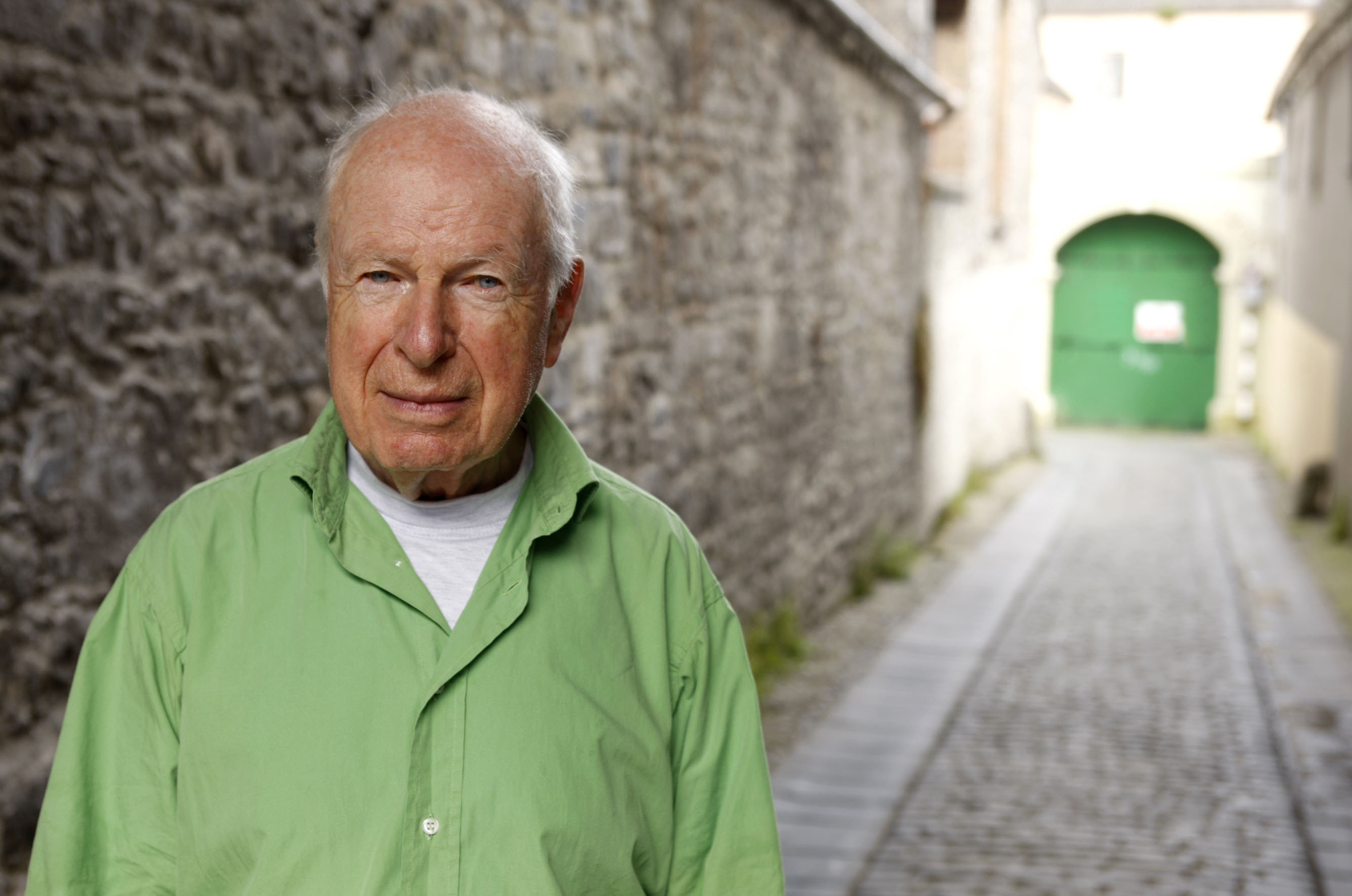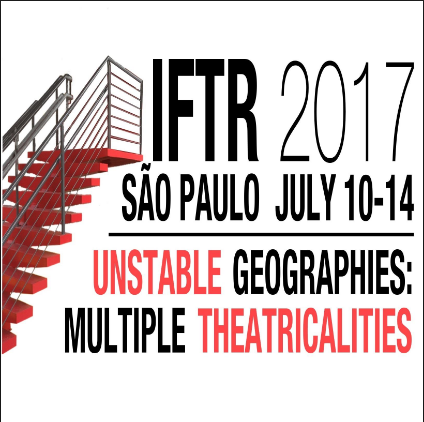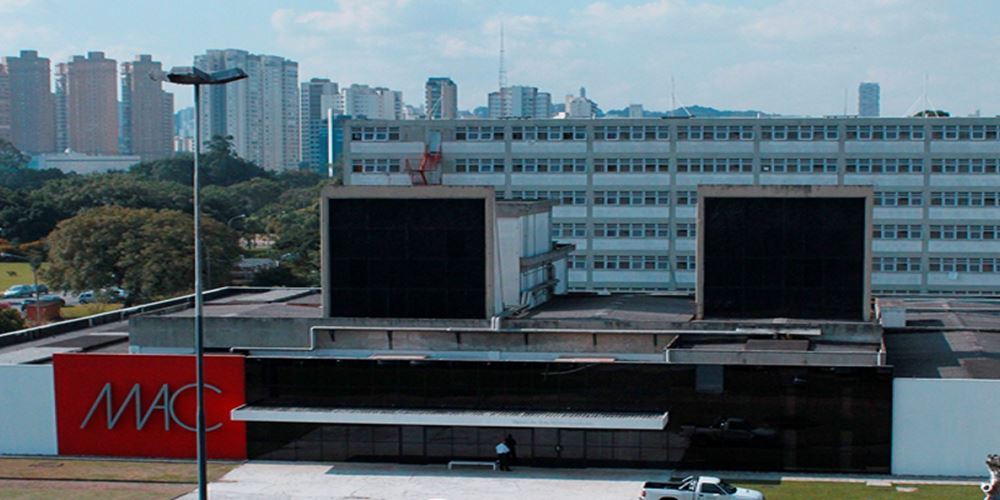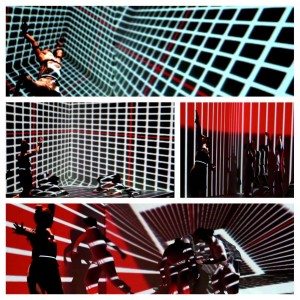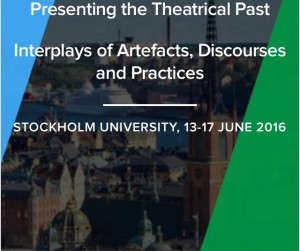Theatre and Migration Theatre, Nation and Identity: Between Migration and Stasis
9th July – 13th July 2018, Belgrade
Studio-laboratory for performing arts, Faculty of Dramatic Arts
We hereby invite you to submit your abstracts for the 2018 IFTR World Congress organized by the Studio-Laboratory for performing arts of the Faculty of Dramatic Arts in Belgrade, Serbia.
As a city with a complex and turbulent history and an important migratory route, with its constantly liminal position (East – West, EU – non-EU, old-fashioned – modern, intimate – metropolitan…), Belgrade will provide an opportunity to explore important issues of the contemporary world at the 2018 IFTR World Congress.
Deadline for abstract submission: January 15th 2018
Abstract submission via Cambridge Core.
Please direct any questions you may have about the conference to iftr2018@fdu.bg.ac.rs
The term migration immediately invokes one of the central political, social, humanitarian and cultural issues of our time. It conjures images of people on cramped boats approaching the Italian island of Lampedusa and of people trying to jump on board lorries to cross the English Channel; images of dead bodies floating in the sea and of places left behind, turned to rubble; images of refugee camps from Dadaab in Kenya, the size of Minneapolis, to the infamous ‘Jungle’ in Calles. The notion of migration is intrinsically linked to questions of mobility and access as it evokes various performances of borders—for some they are porous, almost flexible, and for others they are impenetrable. The fences erected along the US and Mexican border and the India and Pakistani border, the checkpoints and walls separating Israel from the West Bank, the razor-barbed wire the Hungarian government installed on the border with Serbia to stop the influx of refugees: all map the most extreme aspects of migratory geographies, playing out over and over again the Derridian hospitality/hostility paradox.
The term migration is also closely linked to the construction of the Other, the figure of the foreigner in our everyday realities, in the media, and on stage. The uprooted person, the migrant figure, whether political, economic or spiritual, often triggers tensions between the familiar and the unknown, native and foreign, us and them. Within the current global political climate, marked by the increasing rise of the right and of xenophobic sentiments, the term migration prompts us to grapple with a variety of contradictions of hospitality and hostility, of solidarity and security, of activism and passivity, of movement and stasis.
Beyond its immediate, topical invocations, the term implies, more broadly, a body of persons or animals migrating together. These moving migrating bodies range from the political to the economic and to the spiritual; from refugees and asylum seekers to tourists, guest-workers, and visiting scholars; and even beyond human migration to include other kinds of migrating bodies—inspiring us, perhaps, to think of migration as a kind of a performative ecology that involves a wide variety of agents, processes and geographies.
Migration understood as an act—a form of being/doing—unfolds within different socio-political scenarios and through a repertoire of performative and affective gestures making possible for both individual and collective aspects to emerge. Dictionary definitions also describe the term ‘as movement from one part of something to the other’ — which includes both spatial and temporal dimensions, individuals, communities, animals, but also forms, ideas, aesthetics, and conventions. Thus, migration emerges as ultimately a relational category. In chemistry, it means a change or movement of atoms in a molecule. In physics, it means diffusion—the intermingling of substances by their natural movement. Applied to culture, these attributes of migration also suggest the spreading, mixing and remixing of forms and ideas. Hence, migration does not unfold in a straight line; it is rather a process of moving from one point to the other that necessitates meandering, wandering, changing of pace, transformation, negotiation, and adaptation.
We would like to approach the topic of Theatre and Migration from several broad angles, asking: How have theatre and performance responded to issues of exile, displacement and Otherness both historically and in our times? How has the process of migration been shaped and reshaped through various political, social, cultural and artistic scenarios? How can the notion of migration be employed to grapple with issues of cultural cross-fertilization, transfer, appropriation and mutation? What constitute ecologies of migration in theatre and performance (and beyond)?
- Possible topics include but are not limited to:
- Migration/ national identity/ national theatre
- Performing borders
- Access and mobility
- Theatre history and historiography of migration
- Migrating histories
- The nascence and consequences of stasis
- Creating and deconstructing stasis
- Identity politics and the ‘humanism of the other’
- Gender, race, ethnicity, and performances of belonging
- Language and translation
- Performing migratory geographies
- Stasis as a counterpoint in a world of velocity and constant movement
- Staging the paradox of hospitality
- Theatres of migration, mobility, and citizenship
- Performing stasis
- Stasis as a possible solution to the postmodern state
- Postmodern stasis as vacuum filled with or without meaning
- Political theatre and migration
- Performing community and displacement
- Theatre of migrants/theatre for migrants
- Ethics and agency of staging the Other
- Open, closed and mobile spaces of performance
- Migrating aesthetics
- Theatre, migration & spectatorship
- Migrating audiences
- Migration, mutation, appropriation
- Migration as the release of tensions
- Performances of inclusion—migration and cultural policy
- Migration, participation and delegated performance
- Media, migration, theatre
- Affect and efficacy
- Theorizing migration and theatre
- Ecologies of theatre and migration
If you would like to participate at the IFTR World Congress 2018, you can submit your abstract to one of the following program sections:
– General Panels
– New Scholars’ Forum
– Working Groups
All abstract submissions are made through the Cambridge Core website. However, in order to make a submission you will need to become a member of IFTR, first.
If you have already have a Cambridge Core account, you can download instructions on how to join IFTR here.
If you do not have a Cambridge Core account, you can download instructions on how to join IFTR here.

